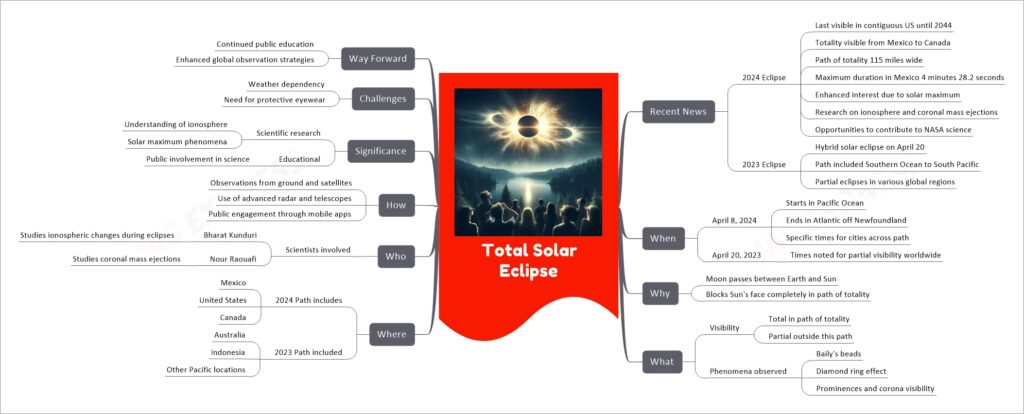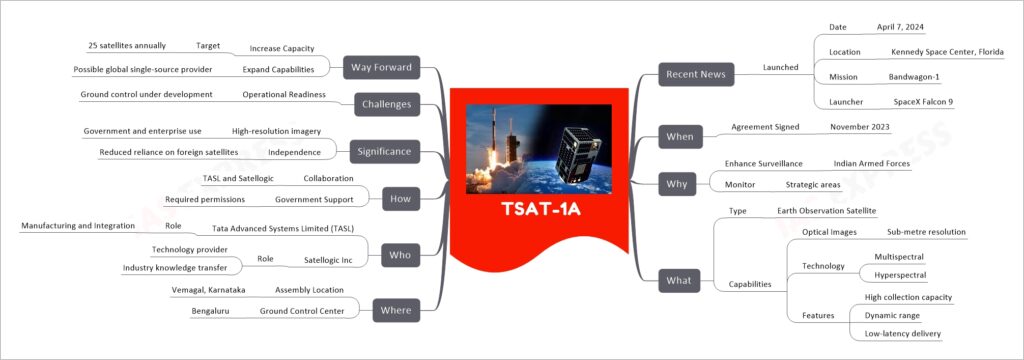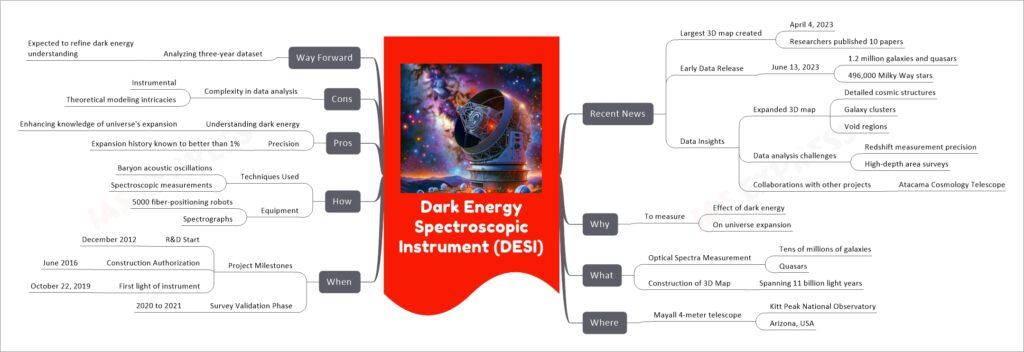[Newsbits] 8-11.04.2024: SWAMIH Fund, Igla-S, Health of Nation Report & More

The total solar eclipse on April 8, 2024, is a significant astronomical event where the Moon will completely block the Sun across a path from Mexico through the U.S. and into Canada. This will be the last such eclipse visible from the contiguous U.S. until 2044, making it a unique opportunity for both public viewing and scientific research. Observers in the path of totality will experience a brief period of darkness and have the chance to see the Sun’s corona. This eclipse is particularly important for scientists as it coincides with a period of heightened solar activity, allowing for detailed studies of the Sun’s atmosphere and its effects on Earth’s ionosphere. Opportunities for public engagement and educational activities will enhance understanding and appreciation of solar physics and eclipse phenomena.
The 1994 Rwanda Genocide was a tragic and brutal mass slaughter that occurred over approximately 100 days, from April to July 1994, in the East African country of Rwanda. The genocide was carried out by the Hutu majority government against the Tutsi minority and moderate Hutus. The violence erupted following the assassination of President Juvénal Habyarimana, an event that led to a devastating cascade of killings orchestrated by Hutu extremists. During this period, an estimated 800,000 to 1 million Tutsis and moderate Hutus were killed. The genocide ended when the Rwandan Patriotic Front (RPF), a Tutsi-led rebel group, took control of the country and established a new government aimed at national unity and reconciliation. Despite the efforts at reconciliation and justice, including the establishment of the International Criminal Tribunal for Rwanda (ICTR) and local Gacaca courts, Rwanda continues to deal with the deep scars left by this atrocity.
The Indian Antarctic Program, established in 1981, made significant strides by setting up Dakshin Gangotri, India’s first scientific research station in Antarctica. This station was later succeeded by the Maitri and Bharati stations as part of India’s continued presence and research efforts on the continent. The recent introduction of the PIN code MH-1718, uniquely assigned to these remote outposts, facilitates postal services for research personnel, making these stations part of the Goa postal division and symbolizing India’s sovereignty in Antarctica. This initiative not only enhances India’s scientific contributions but also serves a strategic geopolitical purpose under the Antarctic Treaty System. Additionally, a second post office was recently opened at the Bharati research station, and the new PIN code MH-1718 was introduced to streamline operations and communications between India’s Antarctic bases and the mainland. This development underlines the strategic importance of maintaining a robust presence in Antarctica, supported by the National Centre for Polar and Ocean Research in Goa. The post offices serve operational needs and have cultural significance, providing a means for researchers to send physical mail, a practice cherished for its personal touch compared to digital communication.
TSAT-1A is India’s first privately built military-grade satellite, developed by Tata Advanced Systems Limited (TASL) in collaboration with Satellogic Inc. Launched on April 7, 2024, aboard SpaceX’s Falcon 9 rocket from Kennedy Space Center, Florida, TSAT-1A is designed for Earth observation with sub-metre resolution optical imaging capabilities. It features advanced multispectral and hyperspectral technologies to provide high-resolution images which can be used for both government and enterprise purposes. The satellite aims to enhance Indian surveillance capabilities and reduce reliance on foreign satellites for critical data.
The Dark Energy Spectroscopic Instrument (DESI) is a powerful astronomical tool hosted at the Mayall 4-meter telescope in Arizona’s Kitt Peak National Observatory in United States. It is designed to measure the effects of dark energy on the expansion of the universe by obtaining optical spectra from tens of millions of galaxies and quasars, thus creating the largest 3D map of the universe to date. DESI operates under the guidance of key figures like Michael Levi and involves a complex setup including 5000 fiber-positioning robots and a series of spectrographs. Recent milestones include the release of an early data set in June 2023, which has already enhanced our understanding of the universe’s expansion with remarkable precision.
If you like this post, please share your feedback in the comments section below so that we will upload more posts like this.





